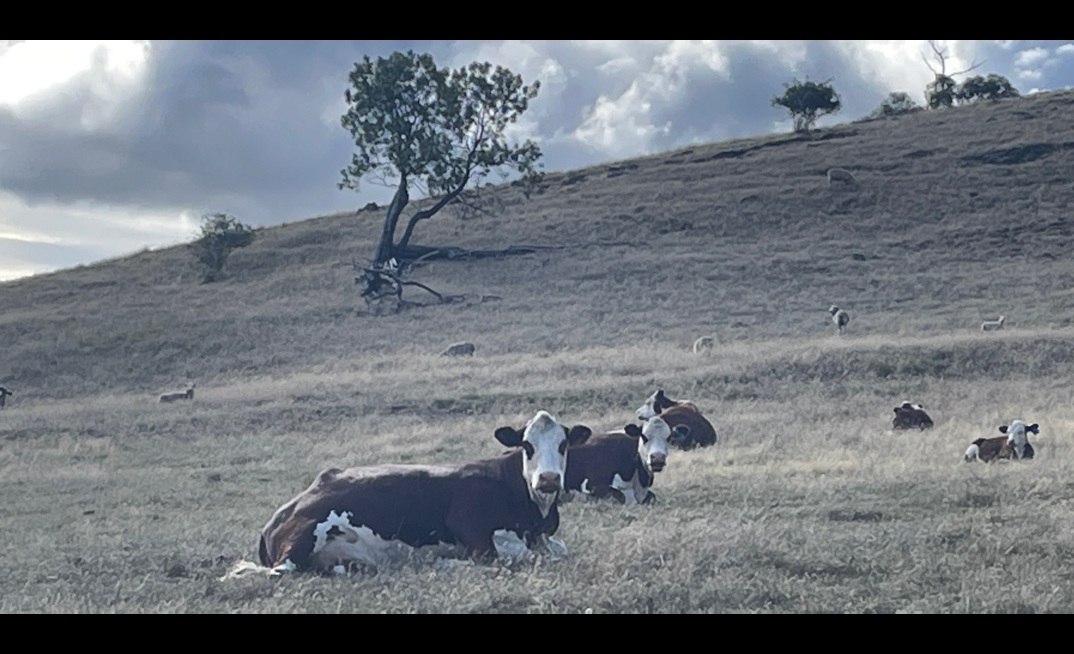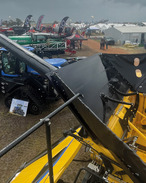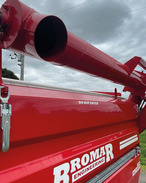The commitment followed a meeting held late last year of more than 50 industry leaders from across the supply chain in Rockhampton, Queensland.
Cattle Australia chief executive officer, Dr Chris Parker, said the sector recognised it needed to be part of the solution in providing a clear, evidence-based definition of deforestation and biodiversity for the Australian landscape.
"Our incredibly ancient landscapes have evolved over the past 50 million years, meaning our land, its soils, plants, animals, and ecological systems are incredibly unique," Dr Parker said.
"It's just not feasible to compare Australia's land management practices for beef production with other jurisdictions, so we need to develop fit-for-purpose, regionally specific indicators for global reporting that recognise our inherent ecological differences."
Dr Parker said Australia's more than 40,000 grassfed cattle producers, and farmers more broadly, had a strong history of innovating and developing land management practices to suit the environment in which they operate.
"While we haven't always got it right, we have a proven history of learning and evolving our practices as science and research and development has improved," he said.
Extensive research undertaken across Australia's diverse bioregions that has informed the Australian Government's Monitoring, evaluation, reporting and improvement tool (MERIT) will be used to develop a national definition of deforestation for the Australian context, which is globally accepted for use in the supply chain and by financial institutions.
In addition, the information will be used to create a voluntary and market-driven minimum sustainability standard on environmental stewardship for use in traceability systems.
Dr Parker said with more than 6000 global companies having aligned with the Science Based Target initiative (SBTi), a European-driven not-for-profit organisation requiring companies to set public reporting targets for reduced emissions, zero deforestation and demonstrated improvements to biodiversity within their supply chains, the importance of verified ecological credentials would continue to grow.
By 2024, these companies will be required to report progress against these targets through mandatory public disclosure.
"With 70 per cent of Australia's beef exported to global markets, we are committed to providing greater transparency and traceability throughout the supply chain to both customers and consumers," he said.
Cattle Australia is expecting the framework to be developed by the end of the 2024 calendar year to meet SBTi guidance requirements for 2025.
























